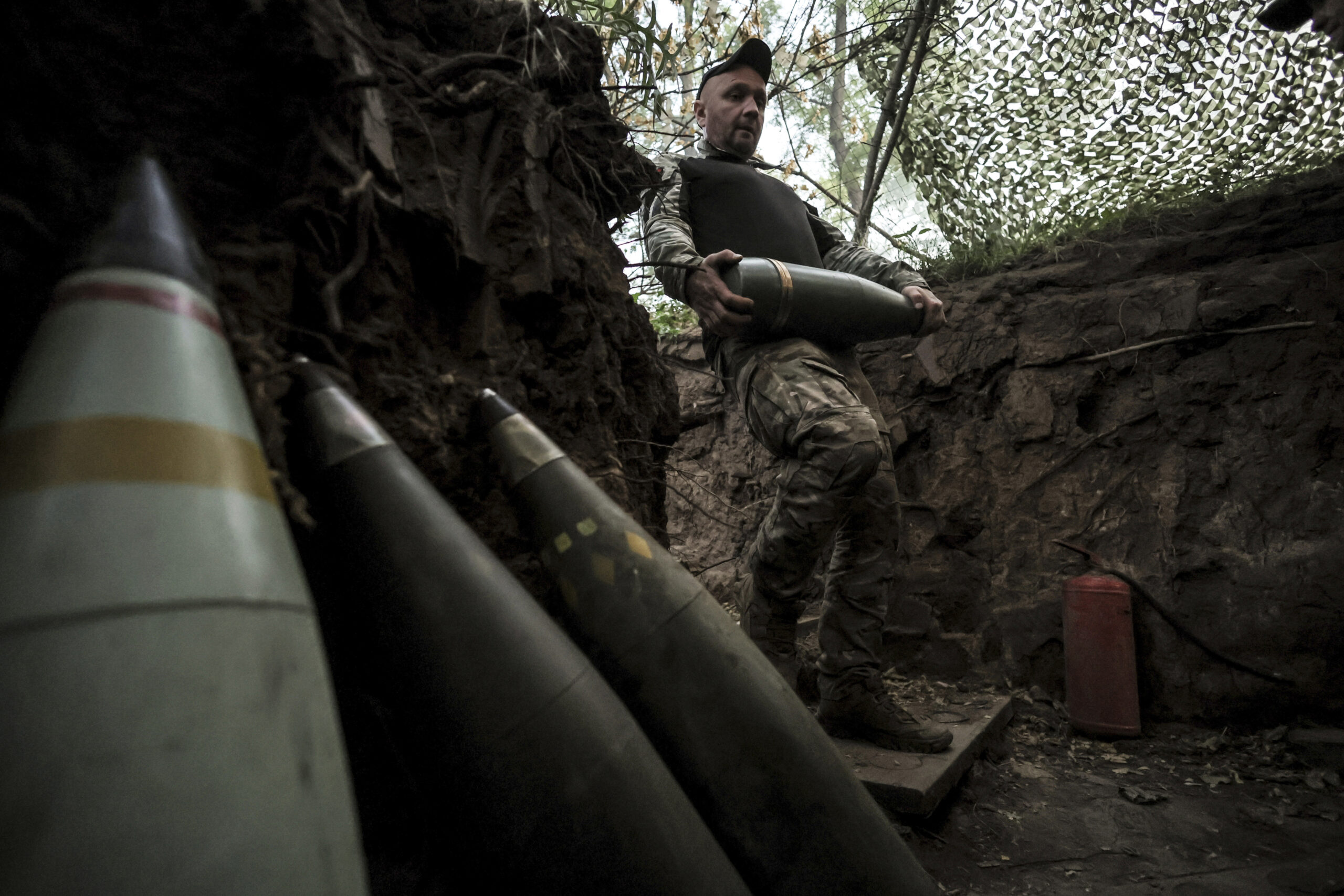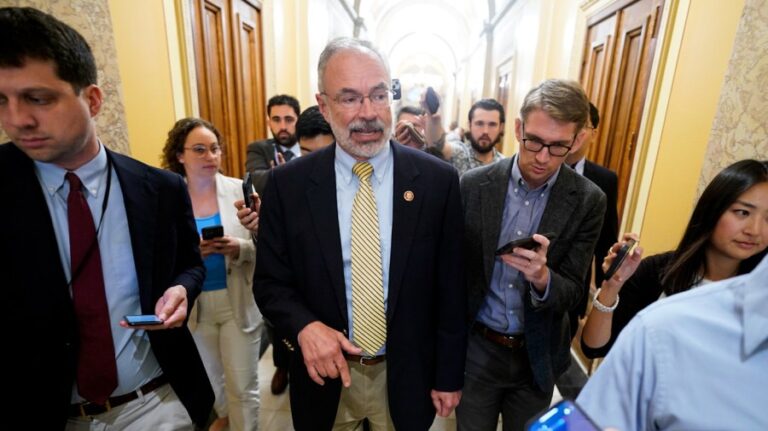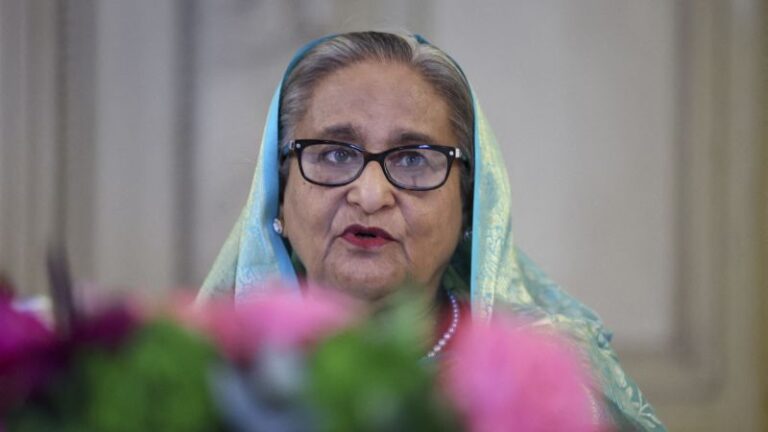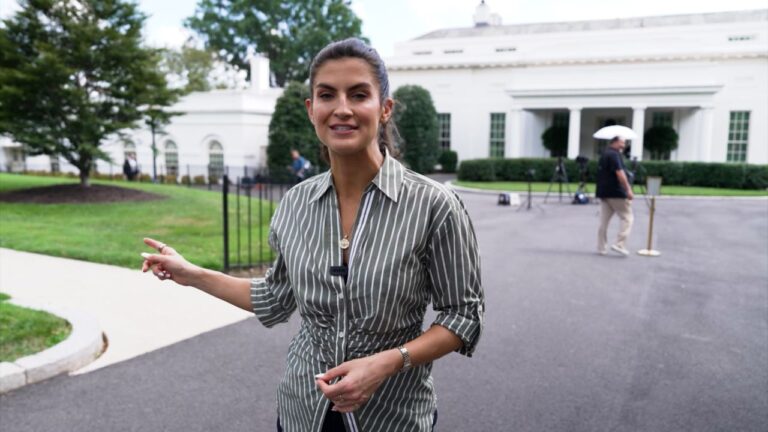Republican lawmakers have expressed strong opposition to the Pentagon’s recent decision to halt military aid to Ukraine, arguing that the move undermines the United States’ strategic commitments in Eastern Europe. This decision comes amid heightened tensions between Ukraine and Russia, with former President Donald Trump having previously pledged to bolster Ukraine’s missile defenses.
The Pentagon’s decision to freeze the aid, which includes critical weaponry and defense systems, has sparked a significant political debate in Washington. Lawmakers argue that the pause not only contradicts previous commitments but also sends a dangerous signal to both allies and adversaries.
Background on U.S.-Ukraine Military Relations
The United States has been a key ally to Ukraine since the annexation of Crimea by Russia in 2014. Over the years, military aid has been a cornerstone of U.S. support, aimed at strengthening Ukraine’s defense capabilities against Russian aggression. This aid has included a variety of defensive weapons, training, and intelligence support.
During his presidency, Donald Trump made commitments to further enhance Ukraine’s missile defense systems, a move that was seen as a deterrent against Russian advances. The recent aid freeze, however, casts doubt on these commitments and raises questions about the future of U.S. military support in the region.
Political Reactions and Implications
Republican lawmakers have been vocal in their criticism of the Pentagon’s decision. Senator Lindsey Graham, a prominent voice on defense issues, stated,
“Pausing military aid to Ukraine at this critical juncture undermines our strategic interests and emboldens our adversaries.”
Other lawmakers have echoed these sentiments, emphasizing the need for a strong U.S. presence in Eastern Europe.
Meanwhile, Democrats have largely supported the Pentagon’s decision, citing the need for a comprehensive review of military aid programs and their effectiveness. This division reflects broader partisan debates over foreign policy and military spending.
Expert Opinions and Historical Context
Defense analysts have weighed in on the implications of the aid freeze, with many warning of potential consequences. Dr. Emily Harding, a senior fellow at the Center for Strategic and International Studies, noted,
“The suspension of aid could lead to a vacuum that Russia might exploit, further destabilizing the region.”
She emphasized the importance of maintaining a consistent and reliable support system for Ukraine.
Historically, U.S. military aid has played a crucial role in deterring Russian aggression in Eastern Europe. The current pause in aid is reminiscent of previous periods of uncertainty in U.S. foreign policy, such as during the Cold War, when shifts in military support had significant geopolitical repercussions.
Looking Forward: Potential Outcomes
The future of U.S.-Ukraine military relations remains uncertain as the Pentagon reviews its aid policies. Lawmakers are expected to continue pushing for the resumption of aid, while the Biden administration balances strategic interests with fiscal considerations.
As tensions in Eastern Europe persist, the decision on whether to resume military aid to Ukraine will likely have far-reaching implications. It will not only affect U.S.-Ukraine relations but also signal to other allies and adversaries the extent of American commitment to regional stability.
In conclusion, the Pentagon’s decision to freeze military aid to Ukraine has sparked a significant political debate, with potential consequences for U.S. foreign policy and international relations. As the situation evolves, stakeholders will be closely watching for any shifts in policy that could impact the geopolitical landscape.






















